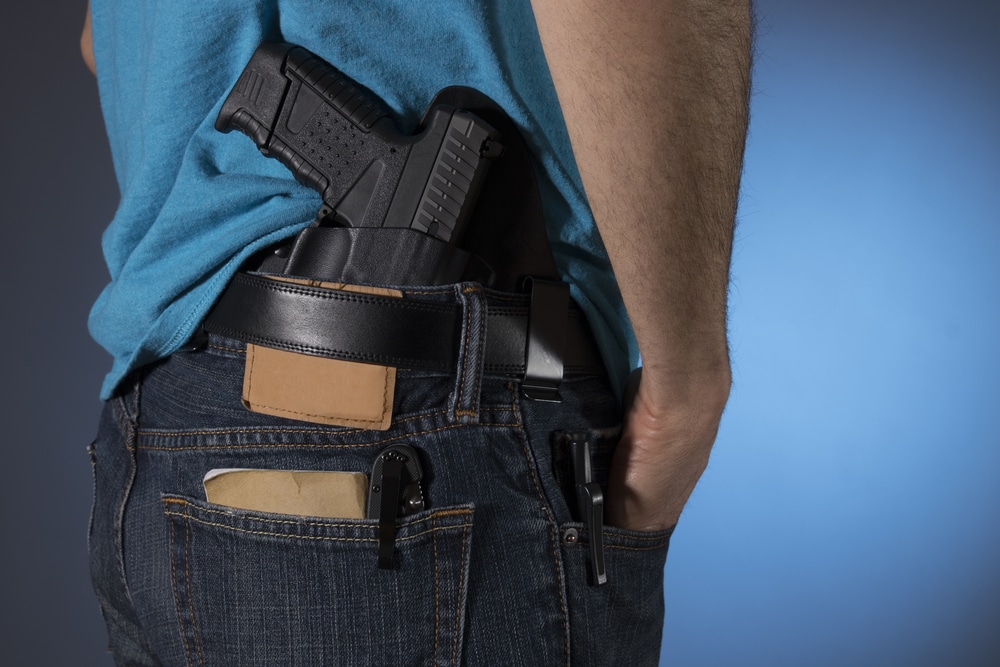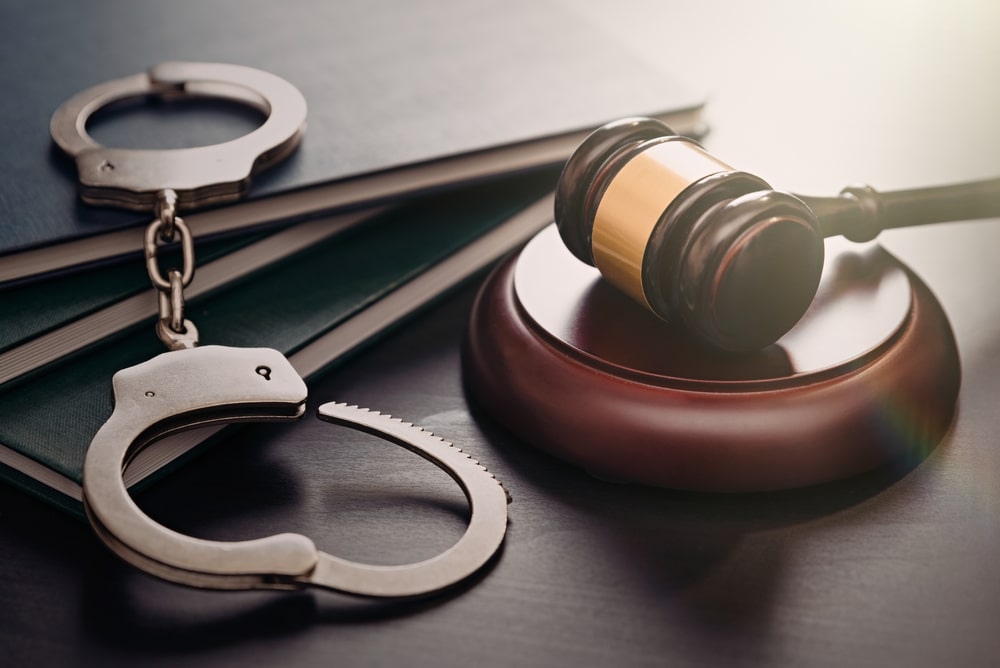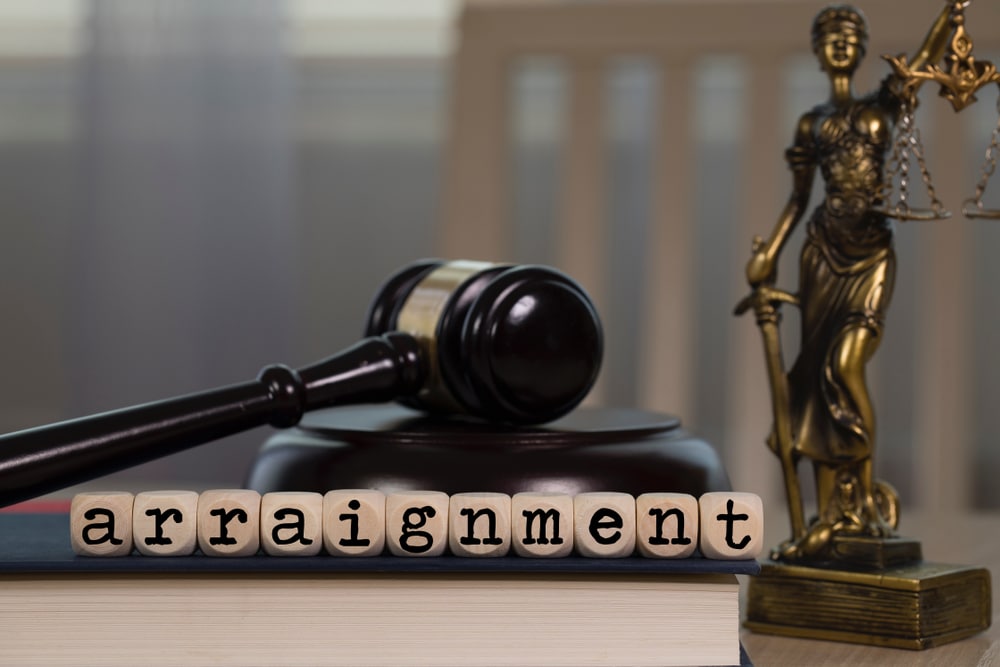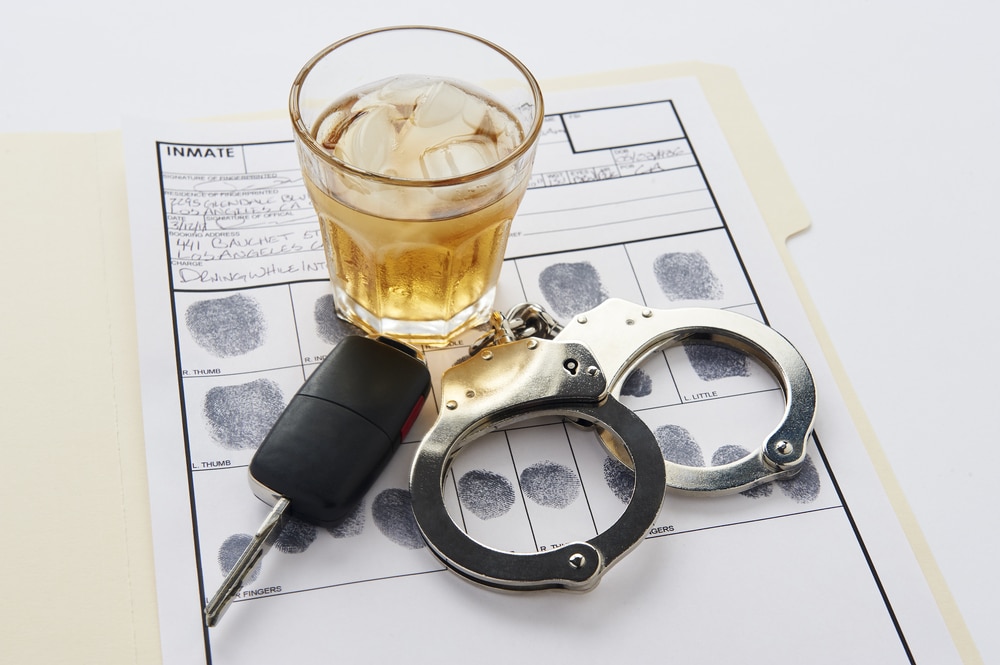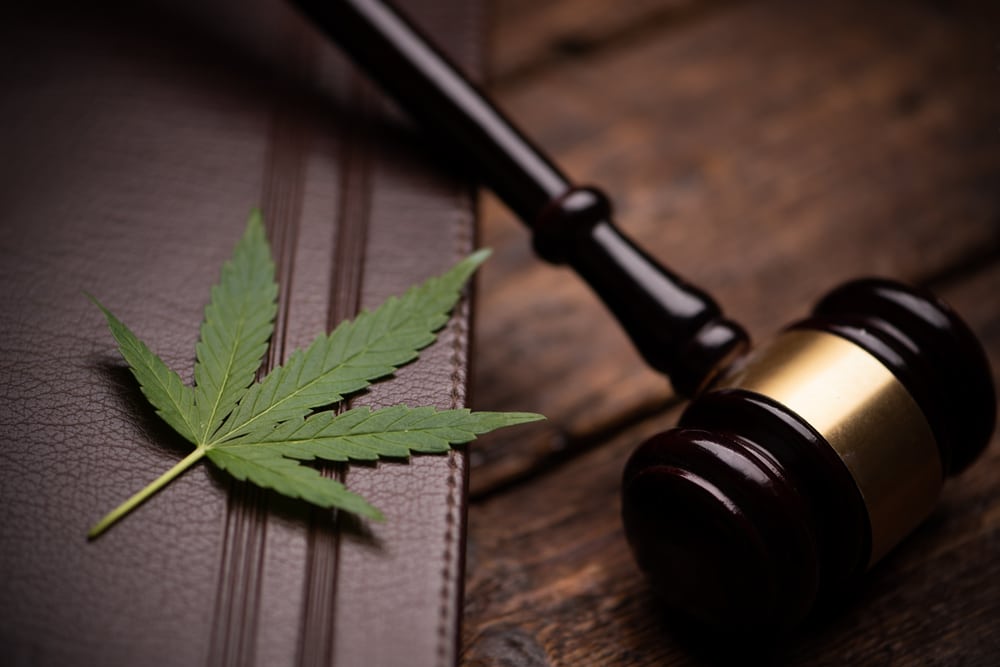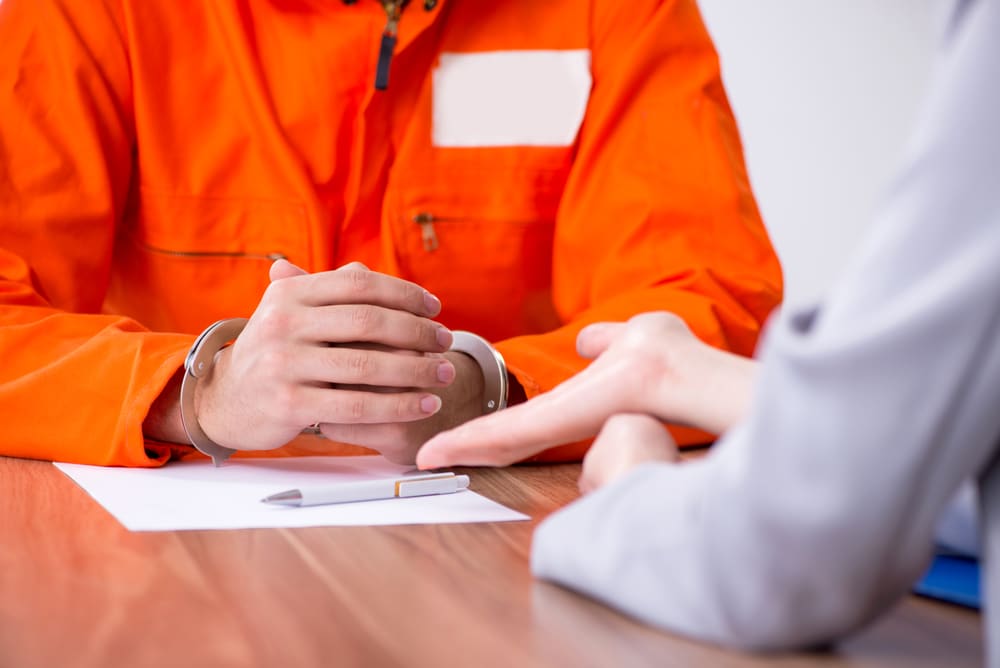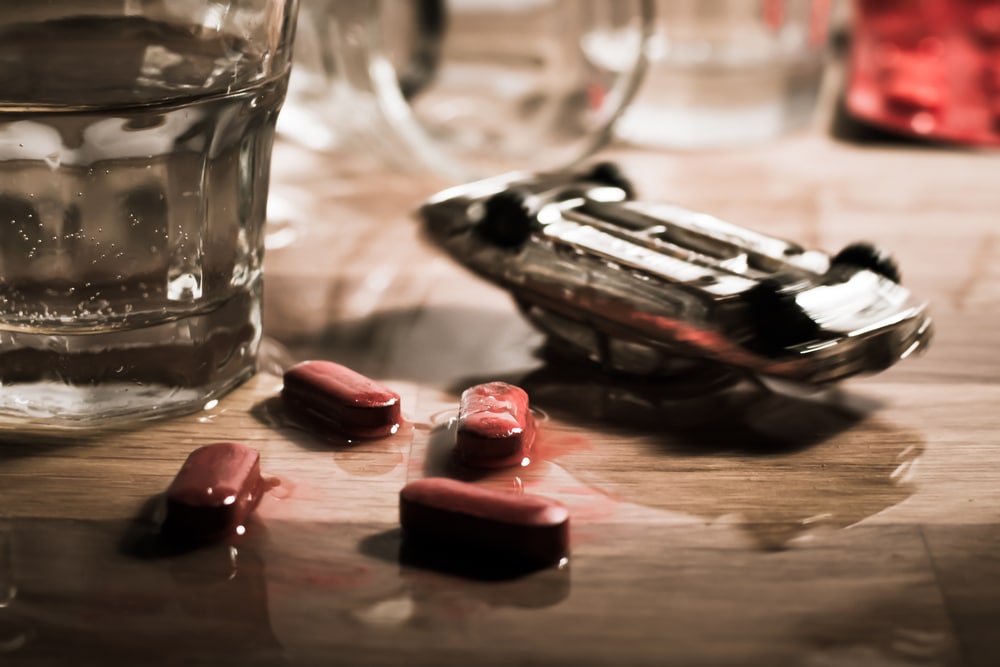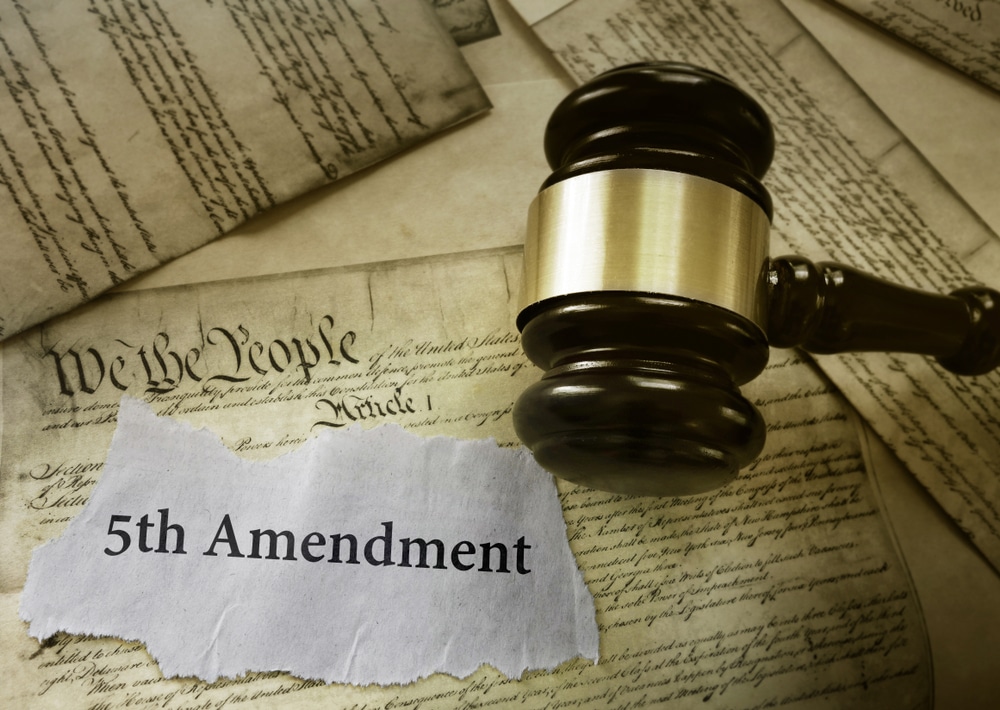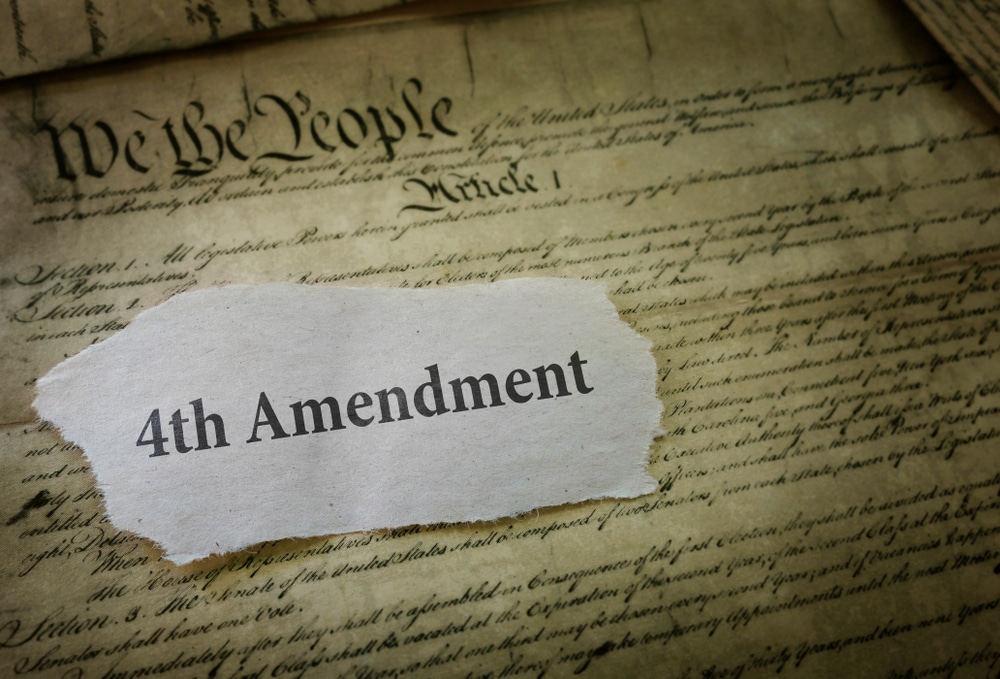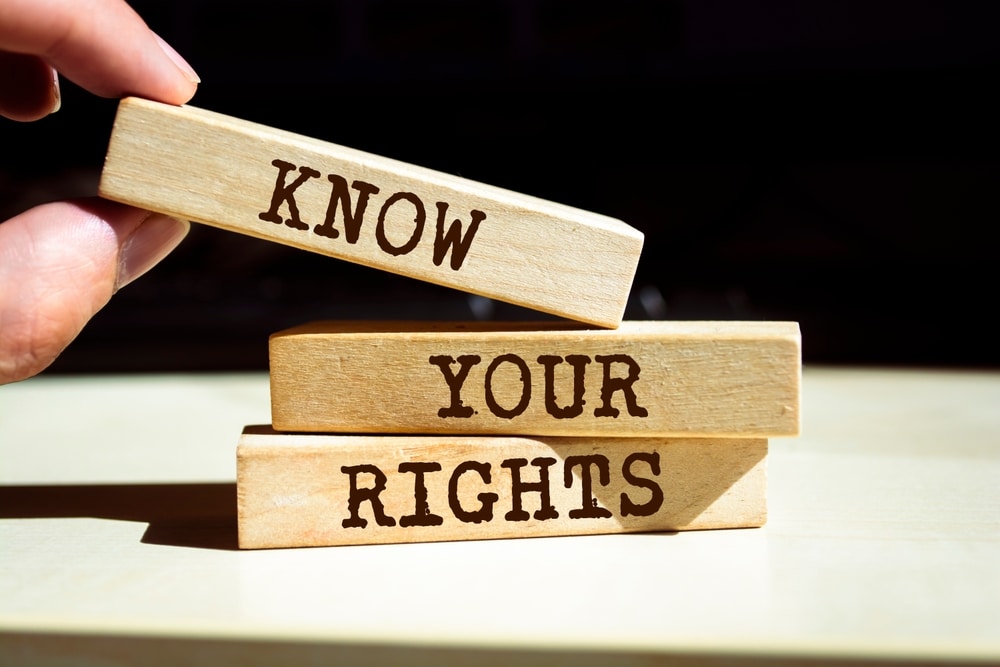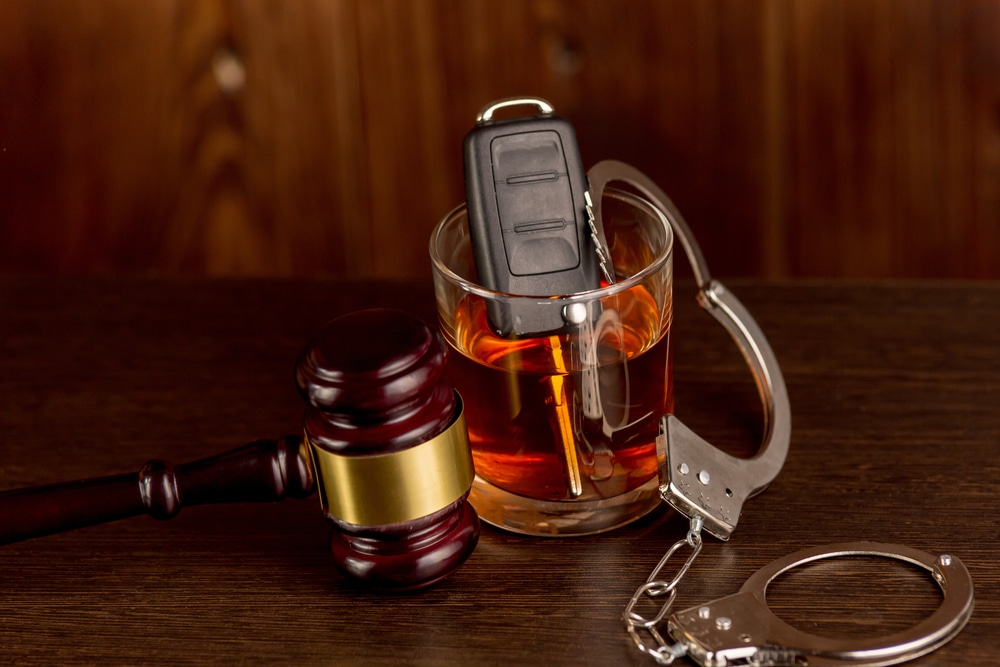On September 1, 2022, a new concealed carry law went into effect in New York following the United States Supreme Court’s decision in New York State Rifle and Pistol Association v. Bruen. Holding that New York’s “proper cause” requirement violated the Second Amendment, the court struck down part of the state’s pistol permit licensing process as unconstitutional. In response, the state’s legislature updated the law to establish new eligibility requirements for those seeking a concealed carry permit and restrict concealed carry in specific locations. The new legislation also enhances safe storage requirements and expands the disqualifying criteria for those looking to obtain permits.
It should be noted that the laws in this area are in flux as the Bruen decision is being aggressively challenged. While courts are taking different positions, the state’s response to the Supreme Court decision is to be determined. For instance, as recently as October 6, a federal judge temporarily blocked part of New York’s new permit process requirements. However, the following information is the most current and accurate.
How Did the Concealed Carry Permit Process Change?
Due to the changes in the law, there are several additional steps that must be taken to obtain a concealed carry permit in New York. Significantly, applicants must complete 16 hours of firearms training. At the conclusion of the training, a written test will be given to the applicant covering topics such as firearm storage and usage, state and federal gun laws, conflict de-escalation, and use of deadly force. A minimum score of 80% must be achieved.
In addition, a concealed carry permit applicant must complete two hours of fire training with a certified instructor. Topics covered include range safety, safe drawing, dry firing, safe loading, performing condition checks, and safe discharge of the firearm. Even those who currently hold concealed carry permits will be required to satisfy the new training requirements in order to re-certify their licenses.
In order to obtain a concealed carry permit, the applicant must demonstrate they are of “good moral character.” An applicant is required to have an in-person interview with the licensing officer and disclose their social media accounts for the prior three years. The licensing officer in each county has the authority to determine whether to grant the applicant a permit.
Location Restrictions
Regardless of whether someone possesses a concealed carry permit, firearms are still not permitted in some locations. “Sensitive locations” where guns are not allowed include the following:
- Government offices
- Locations that provide health services
- Places of religious observation
- Playgrounds and parks
- Childcare facilities
- Shelters
- Educational institutions
- Protests
- Times Square
Not to be confused with “sensitive” locations, “restricted” locations include privately owned property. However, private businesses and property owners are free to post signs informing that concealed carry firearms are welcome on their premises.
What Are the Consequences of Violating New York’s Concealed Carry Laws?
Violating New York’s concealed carry laws can come with steep consequences. Specifically, carrying a concealed weapon without a permit is a Class A misdemeanor in New York. A conviction of a firearms charge is a mandatory minimum prison term of 3.5 years and a maximum prison sentence of 15 years if a person does not have a prior felony conviction. Anyone who is caught in a sensitive or restricted location with a firearm can also face charges for a Class E felony. If convicted of a Class E felony, a defendant can face up to 4 years in jail, probation, and a $5,000 fine.
Contact an Experienced New York Criminal Defense Attorney The above information should not be construed as legal advice — every situation is unique and a consultation regarding each specific case should be obtained. If you’ve been charged with a firearms-related offense, it’s vital to have a knowledgeable criminal defense attorney on your side to protect your Constitutional rights. The criminal defense attorneys at D’Emilia Law provide high-quality representation to those who have been arrested for firearms crimes and work to obtain the best possible results in their cases. To schedule a consultation, contact us at 1-888-DEMILIA.

